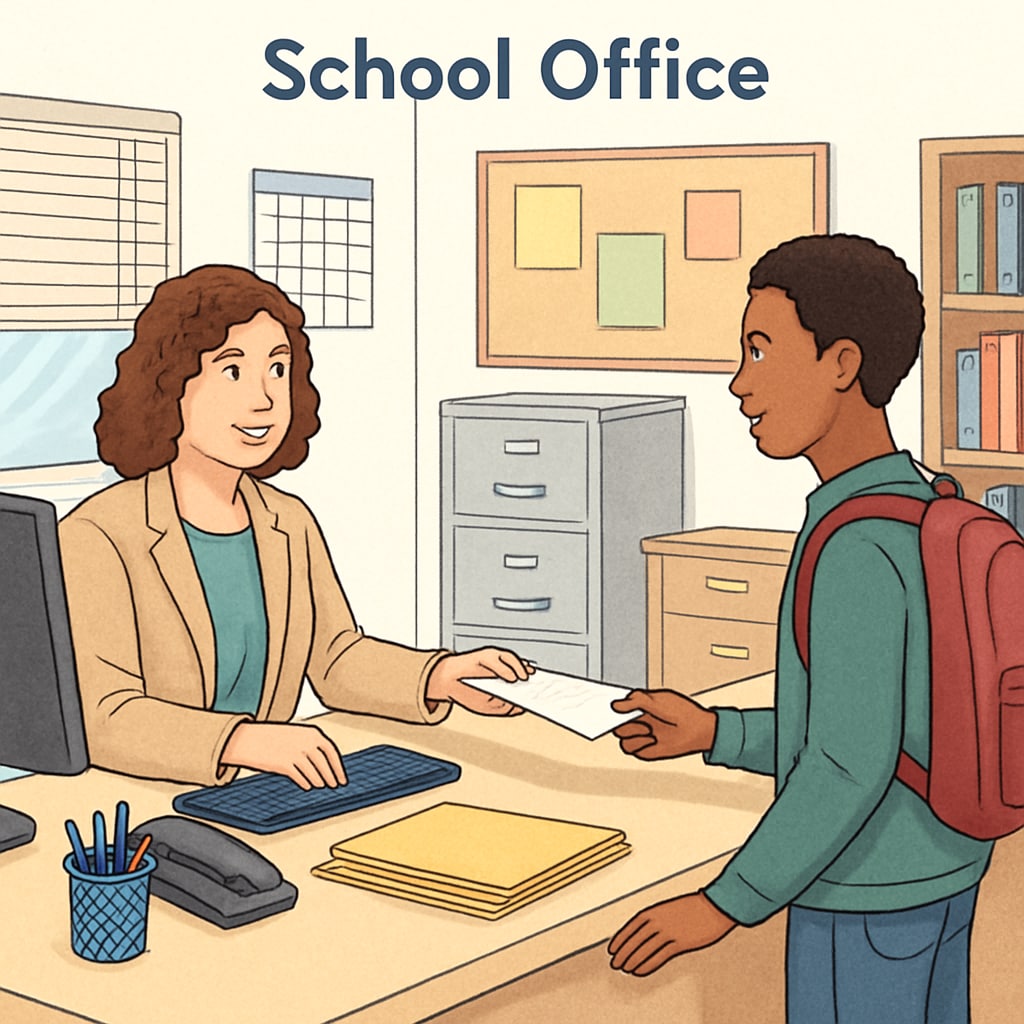The educational system isn’t just about teachers and classrooms; it also offers a wide range of non-teaching roles that align with school schedules. For those seeking work-life balance and the opportunity to contribute to education without leading a classroom, these positions can be ideal. Non-teaching roles in education provide a unique blend of professional fulfillment and schedule flexibility. In this article, we will explore several of these hidden gems, including their responsibilities, requirements, and benefits.
Administrative Roles: The Backbone of School Operations
Administrative jobs are essential to the smooth running of schools. These roles often adhere to the same school calendar as teachers, making them an excellent choice for those who value school schedules. Positions such as office administrators, registrars, and attendance clerks involve managing records, coordinating communication, and supporting students and staff.
- Responsibilities: Handling student records, managing communications, and organizing school events.
- Qualifications: Typically, a high school diploma or associate degree; some roles may require experience in office management.
- Advantages: Regular hours, school holidays off, and a dynamic work environment.

Student Support Services: Making a Difference Beyond the Classroom
For those passionate about helping students succeed, support services roles can be incredibly rewarding. Examples include school counselors, social workers, and special education aides. These positions allow you to work closely with students while maintaining a school-friendly schedule.
- Responsibilities: Providing emotional support, facilitating access to resources, and assisting students with special needs.
- Qualifications: Varies by role; counselors typically need a Master’s degree, while aides may require certifications.
- Advantages: Direct impact on student well-being, professional growth opportunities, and alignment with school hours.

Operational Roles: Keeping Schools Running Smoothly
Behind every successful school is a team of operational staff ensuring everything runs efficiently. These include roles like custodians, cafeteria workers, and IT support personnel. While not directly involved in teaching, these professionals play a critical role in creating a conducive learning environment.
- Responsibilities: Maintaining facilities, preparing meals, and resolving technical issues.
- Qualifications: High school diploma or relevant technical training; some roles may require specific certifications.
- Advantages: Stable hours, hands-on work, and a strong sense of community.
Why Consider Non-Teaching Roles in Education?
Non-teaching roles in education allow you to enjoy the benefits of school schedules—regular hours, weekends off, and holidays that align with family time—while contributing to the broader educational mission. These positions offer opportunities to grow professionally, make a difference, and maintain a healthy work-life balance.
Whether you have a background in administration, counseling, or technical support, there are numerous opportunities within the educational system to match your skills and interests. For more information on school support roles, visit Britannica’s Education section or Wikipedia’s Education page.
In conclusion, non-teaching roles in education are a valuable option for individuals who want to contribute to the academic world without committing to a teaching career. By exploring these alternative career paths, you can find a fulfilling job that aligns with your lifestyle and values.
Readability guidance: Use short paragraphs, include lists where applicable, and employ transition words to improve flow. Keep passive voice minimal and ensure varied sentence structures for better engagement.


